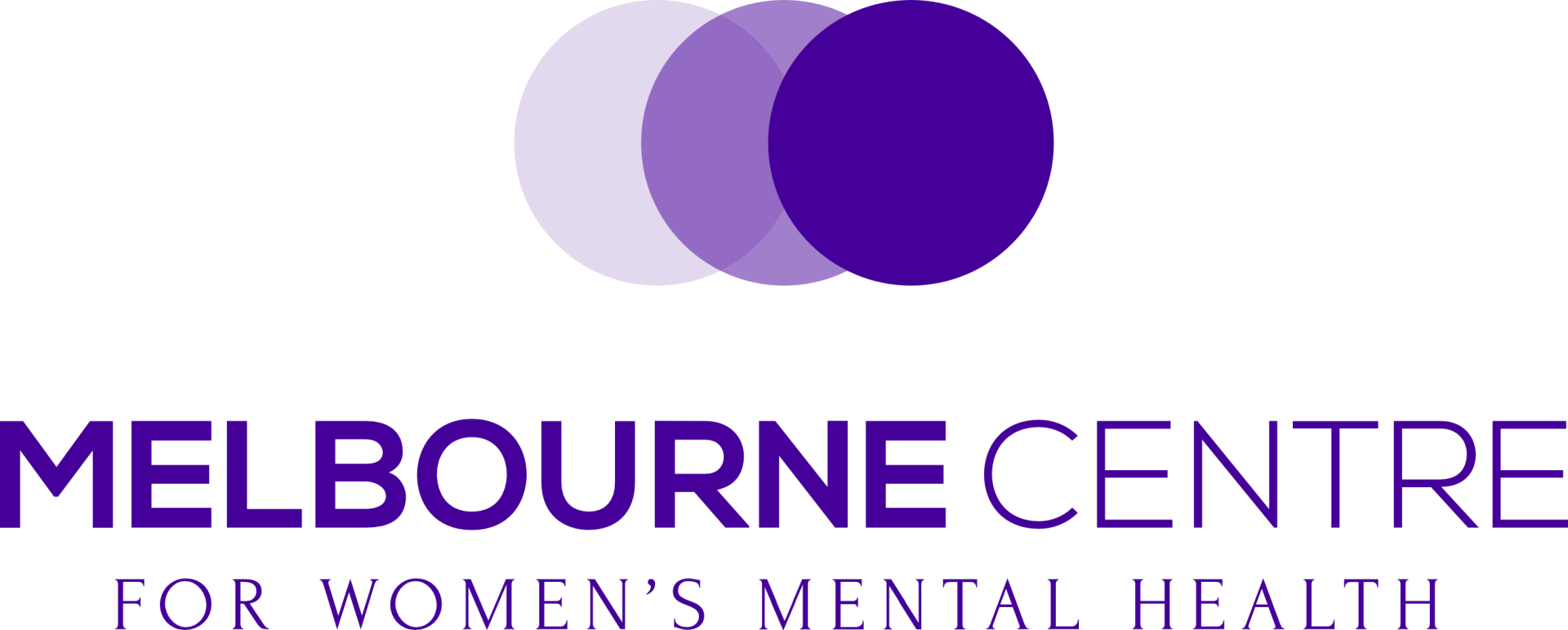Food & Mood: How Food Influences our Mental Health
Have you ever noticed yourself becoming irritable, angry, moody when you are hungry (hangry)? Or feeling lethargic and foggy in the afternoon? For many of us it’s the time when we tend to reach for something sweet like a biscuit or chocolate bar to try and feel better. This seems like a reasonable idea at the time but it’s only a short-term remedy which can end up lowering our mood further. How we eat and the quality of our diet have a huge influence on our mood, mental health and well-being.
In order to support our mental health and wellbeing it is important to include variety, eat regularly, eat mindfully and develop and maintain a peaceful relationship with food.
What is the link between Food and Mood?
Food is fuel for our body and mind. Nourishing our bodies enables growth and repair and helps us function well day to day. Our brains need nourishment too in fact our brains use around 20% of our energy intake each day. Nourishing food provides the building blocks and energy for optimal functioning. There is no one super food for improving mood it’s about balance, good variety and including food from all of the five food groups. Think of foods working together like a symphony orchestra, each player contributes an important part to get the best result. Variety ensures we obtain all the vitamins and minerals, healthy fats, fibre and protein. Improving your eating patterns and diet quality has been shown to reduce stress, improve sleep, increase concentration and improve mental wellbeing.
A healthy gut = a healthy brain
To improve mood, it is essential to maintain a healthy gut, in fact our gut is like a second brain. The beneficial gut bacteria or our microbiome is responsible for producing many neurotransmitters which are critical for mood, anxiety, concentration, reward, and motivation. The gut microbiome can cause changes in how our brains react. A high fibre diet is the key, fibre is a prebiotic, which means it’s a food source for the good bacteria that live in our gut. It is an essential part of eating for good health.
Aim to include a variety of foods from all the food groups.
Fruit and vegetables provide fibre to feed the beneficial bacteria in our gut and support overall health. Fruit and vegetables also provide us with vitamins, minerals, and antioxidants to support brain health. Aim for two serves of fruit and five serves of vegetables a day.
Wholegrains are another good source of fibre to feed our good gut bacteria, they also contain healthy fats for brain function, low GI is best to maintain a steady source of brain fuel.
Protein in lean meats, fish and eggs provide building blocks for many brain chemicals that influence our mood. Fish, especially oily fish, nuts, seeds and legumes are also great sources of healthy fats. They also contain vitamins that support positive mental health and are known to protect against dementia and depression.
Dairy foods like yoghurt contain living beneficial bacteria or probiotics that benefit our gut health and influence mood and mental wellbeing.
Fats Healthy fats found in whole-grains, seeds, nuts, and oily fish play are essential for the health of our brain and nervous system.
Fluids Drinking plenty of water helps to prevent dehydration – a common cause of headaches, tiredness, and ‘fogginess’ that may affect our ability to concentrate. Avoid quenching your thirst with drinks that are high in sugar, such as soft drinks.
Other enjoyable foods we include as part of normal eating
Our brains may crave quick sources of energy when we’re tired, have you noticed this happening around 3pm?. Chocolate, sugary drinks, cake, biscuits, take-away foods give us an immediate energy hit that doesn’t sustain us. We are likely to crash soon after and continue to crave an instant energy source. There are foods we should choose when hungry or tired and those we have because we crave them. When lacking energy or feeling tired choose foods from the five food groups – they’re a steady source of energy, which means you’ll avoid the highs and lows that come with more refined foods.
Remember there are no “good” or “bad” foods, just bad ways of eating.
All foods are morally neutral.
Here are some ways to fuel your brain and keep the 3pm crashes at bay:
- Eat three main meals a day from the five food groups
- Choose wholefood snacks if hungry, to keep you going between meals, answer your cravings with whatever it is you crave,
- If you’re on the go, keep a nourishing snack on you so you’re not relying on fast food or vending machine snacks.
- Drink water – most people need around 2 litres per day, and more when you’re exercising
It can be difficult to focus on improving your diet if your mood is low, it may seem overwhelming. Best to start with small achievable goals and build on them in doing so your motivation can increase, you start to feel improvements, your headspace is better and at that point you more likely to invest in eating well.
Listen to Diane answer questions about being a Dietitian
here.
Our Partners
Queen Victoria Women's Centre

Monash University

Therapeutic Programs - Administration and Intake:
Email: womensmentalhealth@protonmail.com
Phone: (03) 7044 6711
Monday - Friday 9AM - 5PM
Research and Publications:
Email: melbcentreresearch@protonmail.com
LOCATION:
Queen Victoria Women's Centre
Level 2, 210 Lonsdale Street
Melbourne VIC 3000
We respectfully acknowledge Aboriginal and Torres Strait Islander people as Australia's First People and Traditional Custodians. We respectfully acknowledge the Traditional Custodians of the land on which our Centre operates, the Wurundjeri people of the Kulin Nation. We pay our respects to Elders past, present and emerging.


